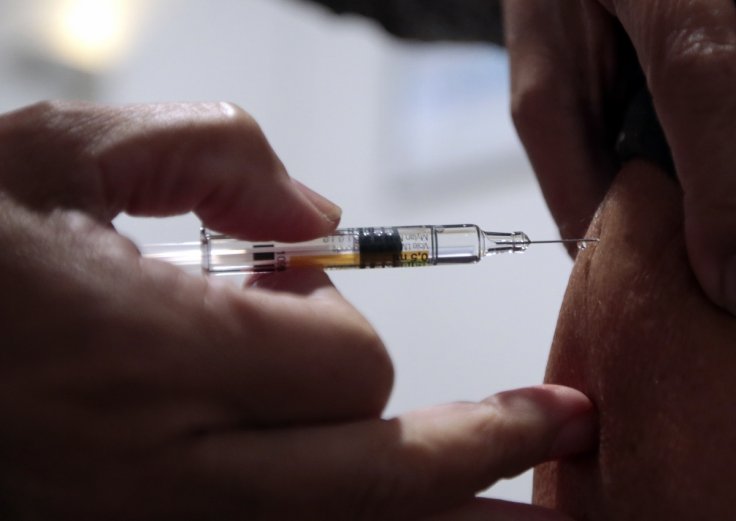
The US still retains a measles elimination status even after at least 1,243 new cases have been confirmed in 31 states of the country between January 1 and September 26 this year, authorities said.
The New York State Department of Health declared on October 1 an end to a measles outbreak, the worst since 1992, that threatened to topple the country's claim of being measles free from the last 20 years, asserted the US Department of Health and Human Services (HHS).
The Rockland County had on September 25 declared an end to the outbreak.
According to the Centre for Disease Control (CDC), more than 75 percent of measles cases this year are linked with the outbreak in New York where groups of people are unvaccinated.
CDC said the majority of cases among unvaccinated people against measles, which can cause serious complications, including pneumonia and encephalitis, were imported from Israel and other countries.
A CDC report said both the Rockland County and New York City had passed two incubation periods – more than 42 days -- with no additional reported cases associated with these outbreaks as of October 1 this year, adding that "continued vigilance" was important to ensure the sustenance of the elimination.
"We are very pleased that the measles outbreak has ended in New York and it is still considered eliminated in the US. The result is credited to the cooperative work by local and state health departments, community and religious leaders, other partners, and the CDC," a statement by HHS Secretary Alex Azar said.
He, however, added this outbreak was an alarming "reminder about the dangers of vaccine hesitancy and misinformation".
Measles was declared eliminated in the US in 2000 and had no continuous transmission, but this year's New York outbreak, attributed to parents who refused to vaccinate their children because of the belief that ingredients in vaccines caused autism, narrowly avoided meeting the threshold.
The New York State Department of Health said it had administered nearly 85,000 measles-mumps-rubella vaccinations since October last year in the outbreak areas.
The disease has this year re-established itself in several countries, including the UK, where it had previously been eliminated as cases can still be brought back by international travelers.
According to World Health Organisation, vaccine hesitancy, apart from increasing reports of drug-resistant pathogens, growing rates of obesity, and impacts of environmental pollution and climate change is one of the top 10 health threats facing the world.









